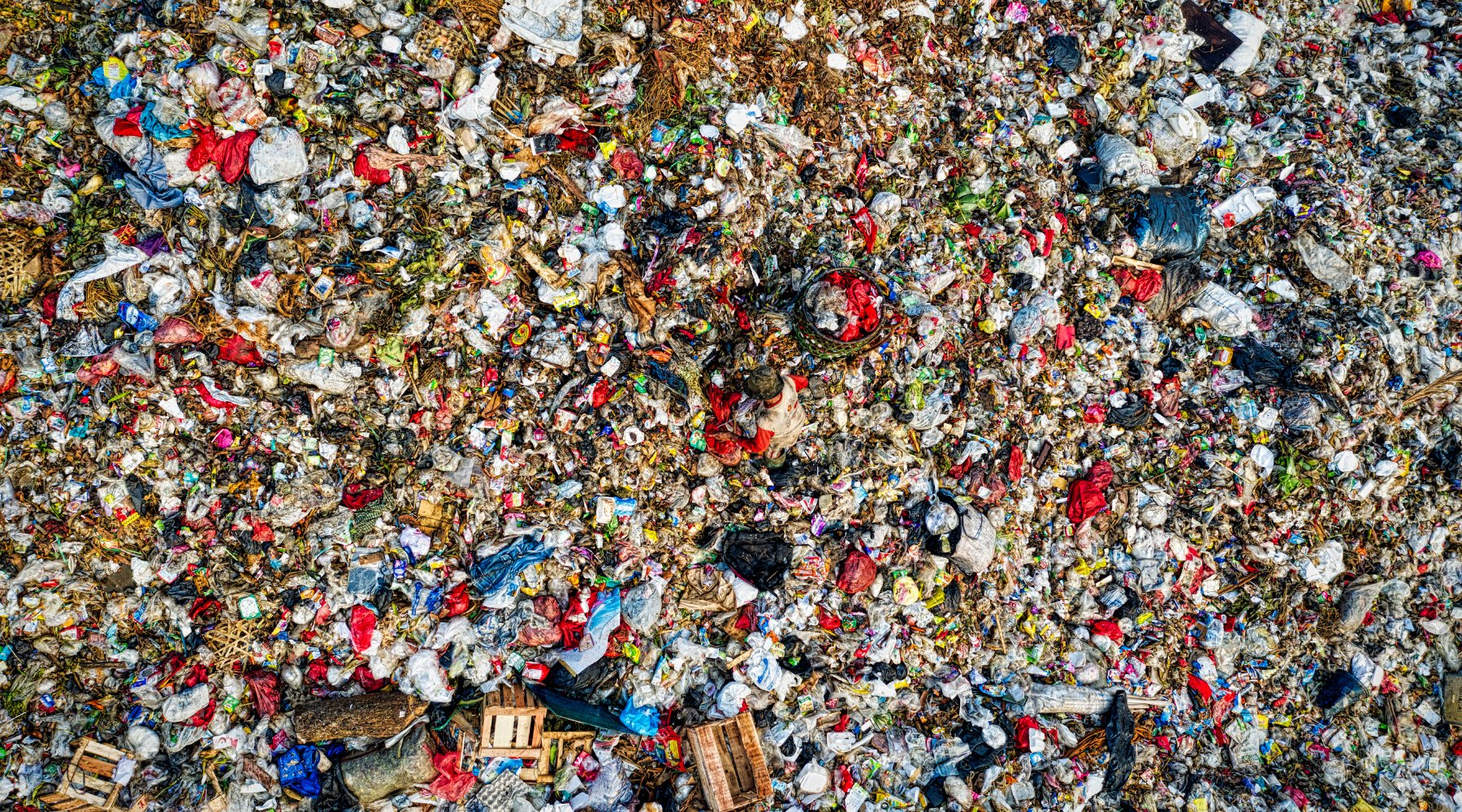Food waste isn't just a problem; it's a colossal challenge that demands our attention. As we stand at the crossroads of environmental sustainability and responsible consumption, it's crucial to delve into the intricacies of food waste – its impact, causes, and actionable solutions.
1. The Alarming Statistics:
The numbers are staggering. A third of all food produced globally goes uneaten, eventually finding its way to landfills, where it decomposes and releases harmful greenhouse gases. This squandered food represents not just waste but a squandering of resources, energy, and water that went into its production.
2. Environmental Consequences:
Food waste isn't confined to landfill sites; its environmental impact reverberates globally. The decomposition of wasted food releases methane, a greenhouse gas much more potent than carbon dioxide. By reducing food waste, we directly mitigate our contribution to climate change.
3. The Economic Toll:
Beyond its ecological repercussions, food waste takes a considerable economic toll. The financial loss attributed to discarded food items is astronomical, with an estimated annual cost reaching trillions. These resources could be redirected towards alleviating hunger, improving agricultural practices, and building resilient communities.
4. The Nexus with Hunger:
Ironically, even as food is discarded, millions across the globe suffer from hunger and malnutrition. Addressing food waste isn't just an environmental concern; it's also an ethical imperative. Redirecting surplus food towards those in need holds the potential to bridge the gap between abundance and scarcity.
5. The Role of Consumer Choices:
We, as consumers, hold immense power in the fight against food waste. Small changes in our daily routines, such as buying only what we need, embracing imperfect produce, and creatively utilizing leftovers, can collectively have a transformative impact. These conscious choices align with the goal of sustainability and remind us that every plate holds the potential to make a difference.
Conclusion: A Path Forward
Tackling food waste is an intricate task that requires collaborative effort across sectors and societies. From farmers to policymakers, businesses to individuals, each has a role to play. By fostering a culture of mindful consumption, embracing innovative solutions, and supporting initiatives that repurpose surplus food, we can collectively reduce our environmental footprint and pave the way for a more sustainable future.
It's time to rethink our relationship with food – not just as sustenance, but as a shared responsibility to nourish our planet and its inhabitants alike. The journey begins with understanding, awareness, and actionable steps to transform our food system and make it as resilient as the world it sustains.

